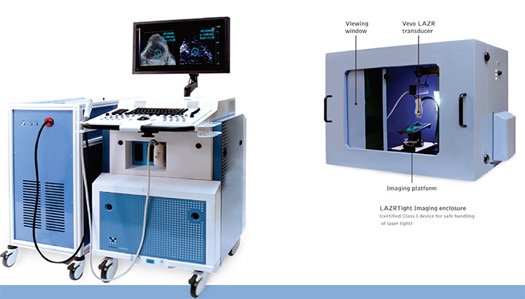Inflammatory Models
IBD inflammatory bowel diseases models (ulcerative colitis, Crohn's disease)
Inflammatory bowel diseases (IBD) are chronic inflammatory disorders including Ulcerative Colitis and Crohn's disease, mediated by genetic, immune, and environmental factors.
The therapeutic approach to this pathology is still not well addressed, and several novel drug candidates need to be developed. Chemically induced IBD animal models, available from the MIR, can be used to dissect mechanism of action and to develop novel therapeutic strategies for IBD.
Acute colitis induced by 2,4,6-trinitrobenzene sulfonic acid (TNBS) model
The Acute Colitis model is obtained in outbred mice and rats through a single dose of 2,4,6 trinitrobenzene sulfonic acid (TNBS).
Sub Acute IBD models are obtained by a 7 days oral administration of Dextran Sulfate Sodium (DSS) in drinking water. These models can be useful to test both the preventive and/or curative effect of new compounds.
Clinical observations, gross and histopathology evaluation, gene expression profiling, and specific findings requested by the client can be used to characterize the severity of the lesions and to define the efficacy of the test compounds.
 |
|
|---|
